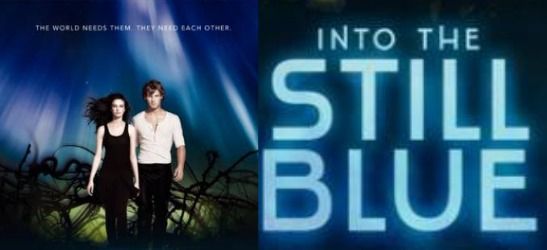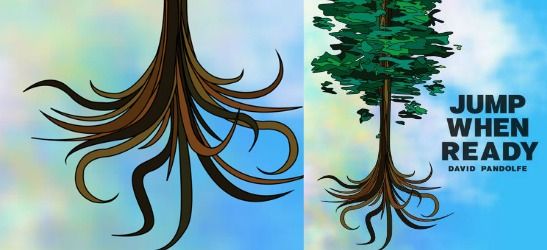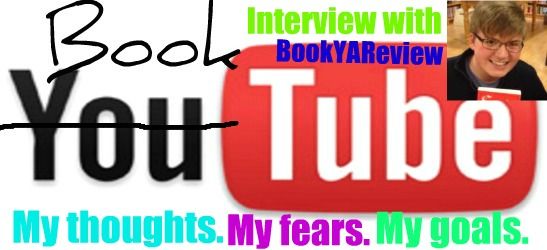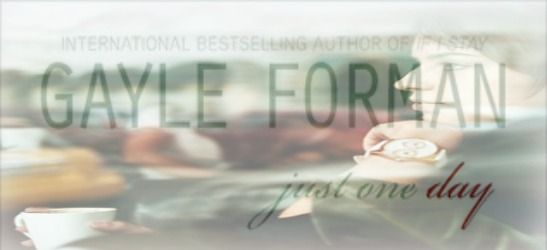Thank you so much for having me on your blog, Kristy! I was hoping I could use this opportunity to share some of my thoughts on the issue of censorship in YA.
Really, this could be a one-sentence blog post: I think censorship in YA is complete and total crap. The end. Haha.
No, really, I am of the firm belief that teens are “ready” for and able to “understand” a lot more than the world sometimes gives them credit for. Today’s young people are the people who will be taking over the world—and very soon. They are people who are more open-minded than the generations that came before them. They are people who have a world of information at their fingertips and are looking for ways to make their mark. Of anyone, THESE are the people who need real, honest, diverse books to read.
This past November, I spoke on the LGBTQ panel at the ALAN conference in Boston. Earlier in the day, Laurie Halse Anderson gave a speech where she told the story of one of her biggest fans, a little boy who loves her book Chains, which is about a young slave girl in early America. As Anderson pointed out in her speech, this young reader could not be living a more different life than the character in the book—he’s male, she’s female. He’s white, she’s black. He’s free, she’s a slave. He’s living in 2014, she’s living in 1776. They have nothing in common, but he wants to understand her story anyway.
THAT’S why we need to keep writing books for young people that are real and true and uncensored. The only way for our world to become a better place is for tomorrow’s generation to have more understanding and compassion than those who came before them. And how are they going to understand other people’s lives and have compassion for others who may or may not have had different experiences than them if we don’t give them the opportunity to be exposed to it?
I think book banning is one of the worst things we can possibly do. Its only purpose is to keep information away from the people who want and need it. The book banners have no interest in helping the world become a more compassionate place; instead, they want things to remain the same. Which, in many cases, isn’t a good thing. Luckily, eBooks and the Internet exist now—even if a local library or school prohibits students from reading a particular book, they ultimately can’t stop that student from accessing the book on his or her own.
When I first realized I was going to have the opportunity to have my novels published, I knew I was being given a voice. It might be a very small voice, and not that many people may listen, but some will. And I knew I needed to use that voice to talk about things I think are important, and shed light on issues that teens are dealing with every single day, but that are going largely ignored in our media and literature. My goal is to start conversations, and get readers thinking. I want teens who may be going through the experiences depicted in my books to know they’re not alone, and that there are people who care about them. And I hope teens who aren’t familiar with these particular experiences will at least start to understand them, and feel compassion toward those who are.
Someone recently asked me if there was anything I encountered in my research for The Summer I Wasn’t Me that I felt was TOO much to put into the book. And I said no, because just as I don’t believe in censoring what teens are and are not allowed to read, I don’t believe in censoring the cold, hard facts of the worlds I’m writing about. I feel no desire to protect the people who run conversion camps; rather, I want my characters’ experiences to be as real as those of a real life teen who might be sent to one of these places. Because the only way we can really understand each other is if we’re truthful.
Jessica Verdi lives in Brooklyn, NY, and received her MFA in Writing for Children from The New School. She loves seltzer, Tabasco sauce, TV, vegetarian soup, flip-flops, tattoos, and her dog. Jessica is also the author of My Life After Now.
Happy reading and thanks for the thoughts Jessica!
~Kristy
















No comments:
Post a Comment
Hi! Thank you so much for taking the time to comment! I appreciate every single comment I get! I will try as hard as I can to remember to stop by your blog and return the favour! (I'm so sorry if I forget, I have an awful memory!)
As of now, A Little Shelf of Heaven is an award-free blog! I really appreciate them, so so much, but I just don't have the time to pass them along to other blogs!
Thanks for stopping by! <3